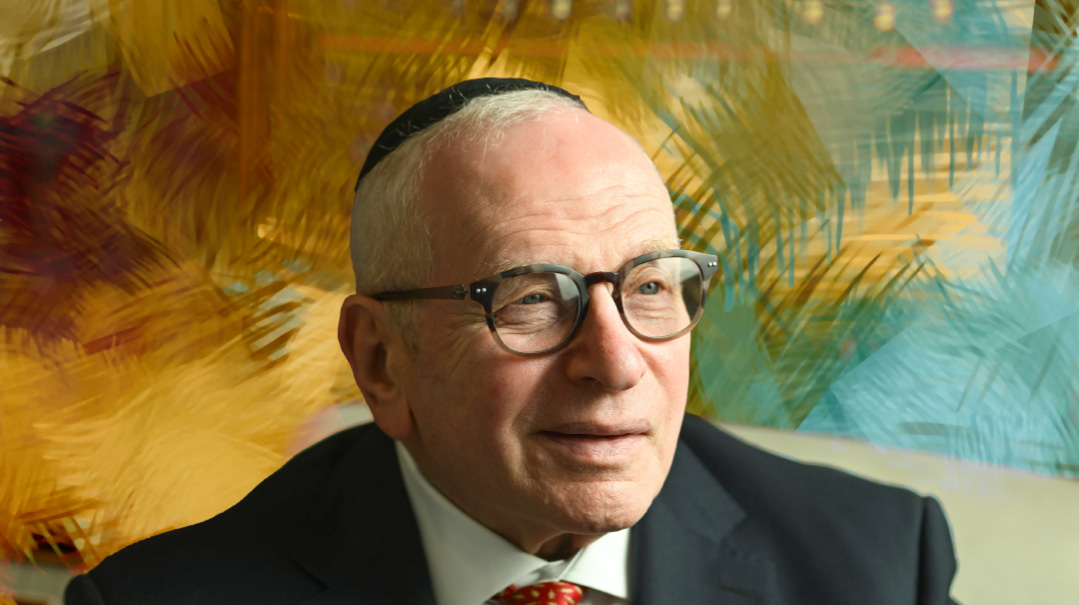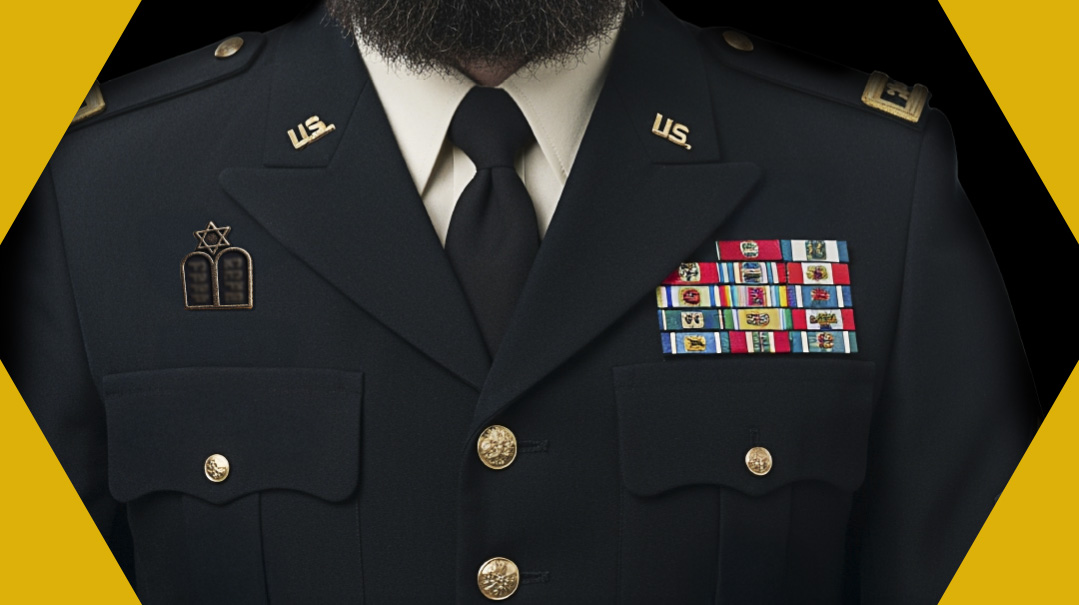Never too Late to Change


Toby: A Friendship Repaired
When we moved to our small Midwestern community, Penina brought us dinner. Both in our thirties and far from family, we soon became good friends. She’d pick up groceries for me and invite my kids on fun Sunday outings.
I reciprocated — arranging meals when she was ill for two months, offering guidance through a challenging ordeal with her child. We celebrated with each other and helped each other through bumps along the way.
But we were different, too. She was strong, outspoken, cynical. I was soft-spoken and eager to please; I hated confrontation of any kind. And while my husband and I were financially stable, she and her family couldn’t afford extras. She sometimes commented on the contrast between our lives. When we were renovating our house, she declared it “an unnecessary waste of money.” I knew this was her personality (as well as her husband’s), but it hurt each time, though I laughed and pretended it didn’t.
One Shabbos, Penina and her family were over for a meal, during which the men had a passionate discussion about politics.
My husband had praised the president for some decision or other, while Penina’s husband disagreed vehemently, looking almost insulted. When my husband left the room, Penina’s husband turned to me. “Where did you find this guy?!” he said, shaking his head, while Penina laughed.
Excuse me? I huffed inwardly. You’re a guest at my house and you’re insulting my husband?? The chutzpah! It’s one thing to insult me, my spending habits, my quirks — all of which Penina had done subtly throughout the years — but quite another to insult my husband.
Embarrassed and shaking with anger, I could barely speak. I was counting the seconds until they left.
The next day, I declined an invitation from Penina, and things were never the same. I stopped inviting her over and asking for favors. Around the same time, she moved to a new neighborhood and was busy with packing, so I’m not sure she realized I was growing distant. In her new place, she began hanging out with new friends, and eventually we stopped calling each other altogether.
Though I didn’t ignore her outright at the grocery or on the street, I was cool and polite, and “k’mayim hapanim l’panim, ken lev haadam l’adam,” her distance reflected mine.
This lasted 15 years.
Each Rosh Hashanah, I thought about The Incident, as I’d dubbed it in my head, and wondered whether Penina or her husband would call to apologize, or even if I should. But you didn’t do anything, the voice in my head said. Why would YOU apologize? So year after year, the cold war continued.
Until Erev Rosh Hashanah a few years ago. This is crazy, I thought. I was holding a grudge in my heart for more than a decade, and at this point, not only did I want it off my chest, but I felt I should probably apologize to Penina and her husband for being upset at them for 15 years — over one silly (albeit hurtful) comment!
I took a deep breath and gingerly picked up the phone, dialing Penina’s number. My heart pounded in my chest. Penina answered the phone, and I swallowed. I plucked up my courage and asked her if I could come over to discuss something important. She sounded surprised, but agreed.
(Excerpted from Family First, Issue 608)
Oops! We could not locate your form.







